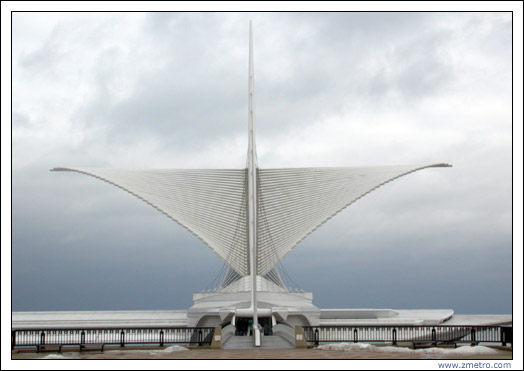With every passing year after the turn of the century, the instability of the Gulf region grew. By the beginning of 2006, nearly all the combustible ingredients for a conflict – far bigger in its scale and scope than the wars of 1991 or 2003 – were in place.
The first underlying cause of the war was the increase in the region’s relative importance as a source of petroleum. On the one hand, the rest of the world’s oil reserves were being rapidly exhausted. On the other, the breakneck growth of the Asian economies had caused a huge surge in global demand for energy. It is hard to believe today, but for most of the 1990s the price of oil had averaged less than $20 a barrel.
Sort of a bolt of lightning as I’ve been reading Shirer’s the Rise and Fall of the Third Reich. I’m now entering 1939 in this amazing 1960 work. The look back with respect to opportunities missed is simply astonishing. I hope Ferguson is dead wrong, but one can see the seeds of war…

